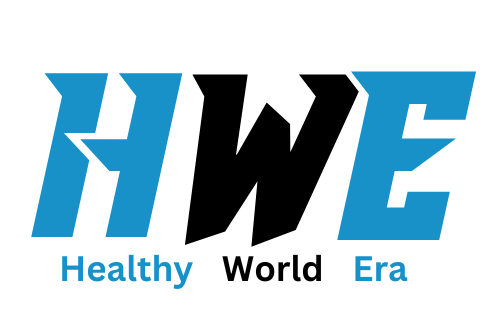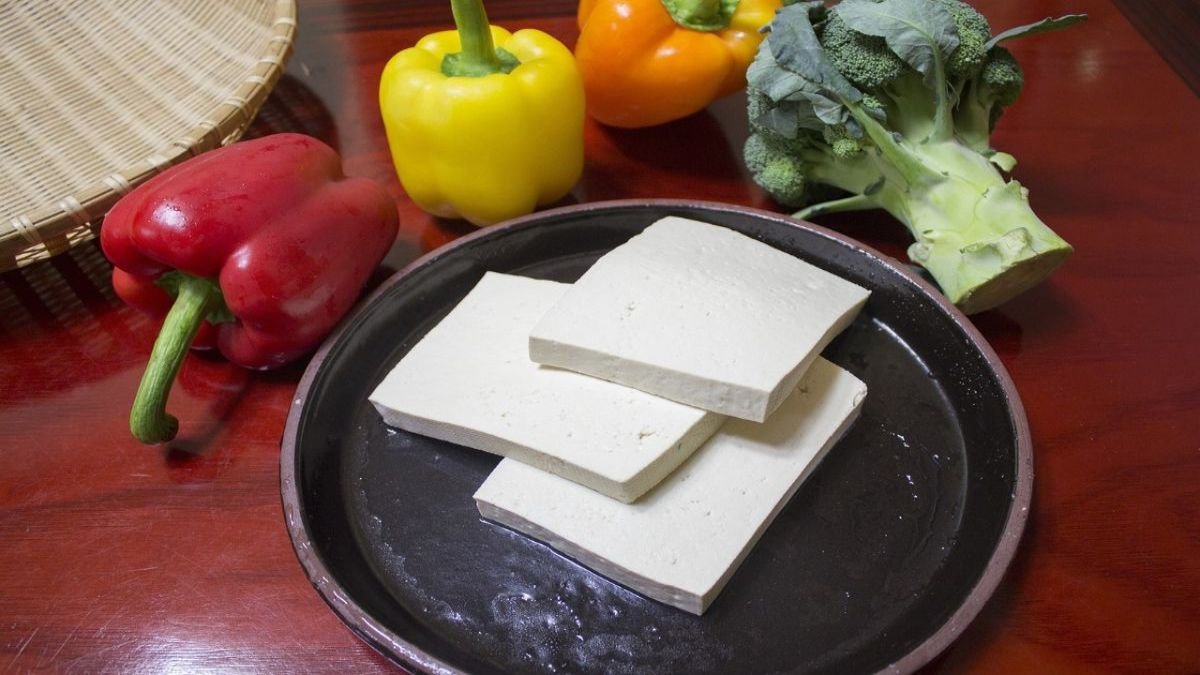Overview
Strong bones are the foundation of a healthy body, helping us move with ease and maintain posture. As we age, our bones naturally become less dense, which can lead to conditions like osteoporosis.
So building strong bones is essential to maintaining a healthy, active lifestyle. However, a well-rounded diet full of bone-supportive nutrients can help combat this natural decline.
While calcium and vitamin D are often mentioned as the key nutrients for bone health, other vitamins and minerals play equally important roles in supporting bone density.
Let’s explore the top 15 vegetarian foods to increase bone density that can help you keep your bones strong and resilient and help you maintain a robust skeletal system.
Table of Contents
What is Bone Density?
Bone density refers to the amount of mineral matter, primarily calcium, present in a specific volume of bone.
It is an important indicator of bone strength and health. Higher bone density typically means stronger bones, while lower bone density can lead to conditions like osteoporosis, making bones more prone to fractures.
Bone density can be measured using techniques like DEXA scans to assess risk and guide treatment for bone-related diseases.
Understanding Nutrients for Bone Density
Several key nutrients contribute to bone health:
- Calcium: Essential for bone structure and strength.
- Vitamin D: Enhances calcium absorption in the body.
- Magnesium: Vital for bone formation and calcium regulation.
- Protein: Supports bone density and reduces fracture risk.
- Vitamin K: Helps in bone mineralization and density.
Top Vegetarian Foods for Bone Density Include:
1. Leafy Greens (Kale, Spinach, Collard Greens)
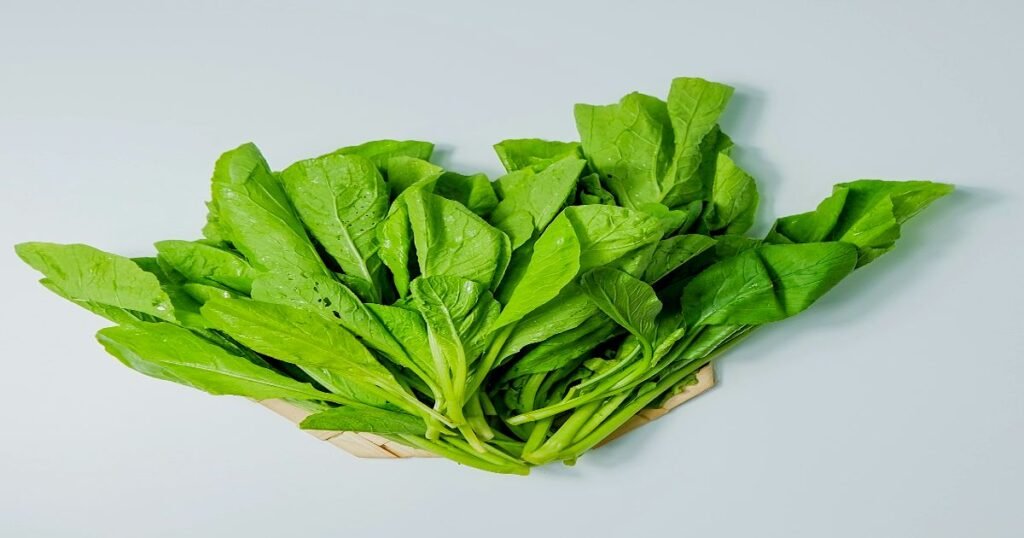
Leafy greens are packed with calcium and vitamin K, both of which are essential for bone health. Spinach, kale, and collard greens can be added to salads, smoothies, or cooked dishes for a nutritious boost.
2. Almonds
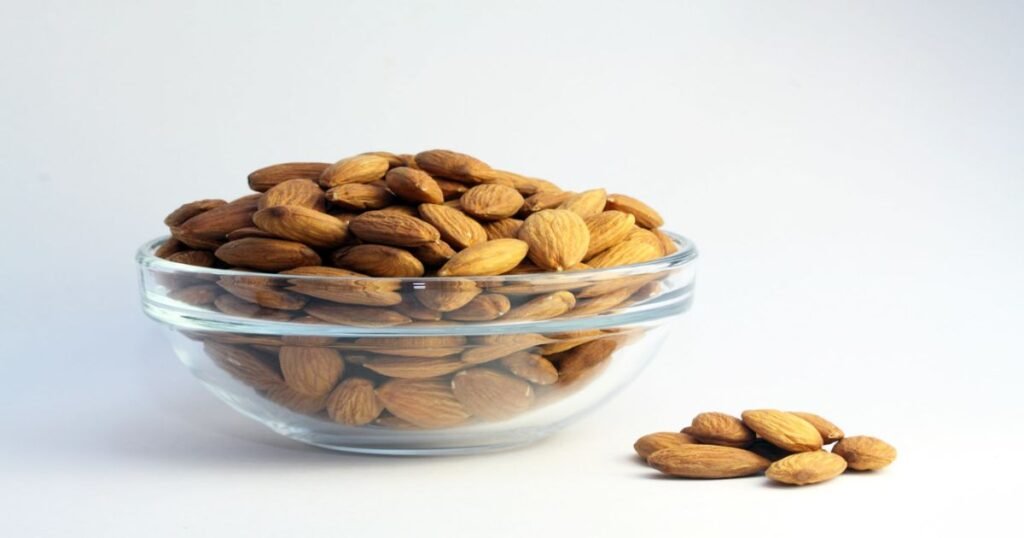
Almonds are a versatile nut, offering calcium, magnesium, and protein. These nutrients are crucial for bone health, and almonds make an excellent snack or addition to various recipes.
3. Tofu
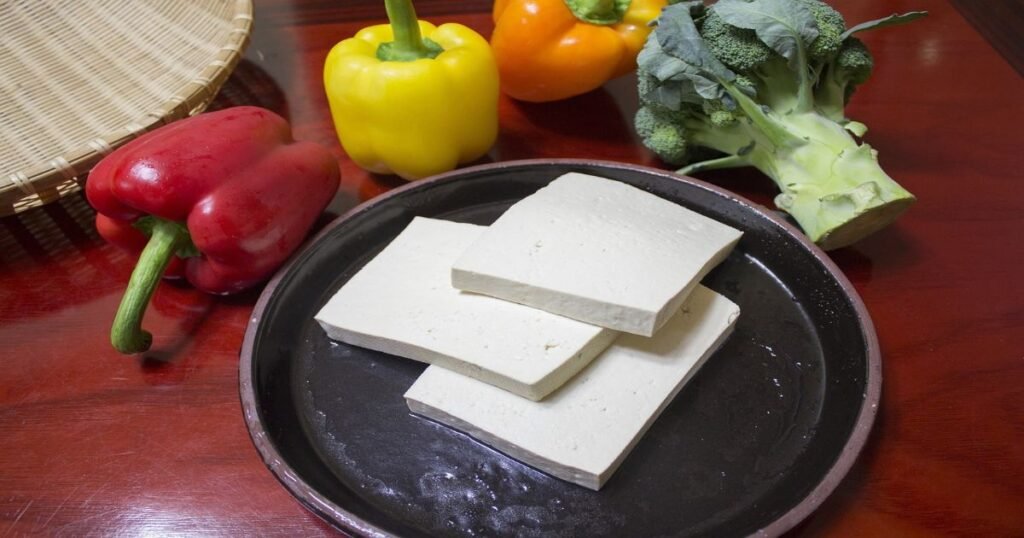
Tofu is rich in calcium and protein, particularly if it’s calcium-set. This soy-based food is ideal for building strong bones and can be used in a variety of dishes, from stir-fries to salads.
4. Chia Seeds
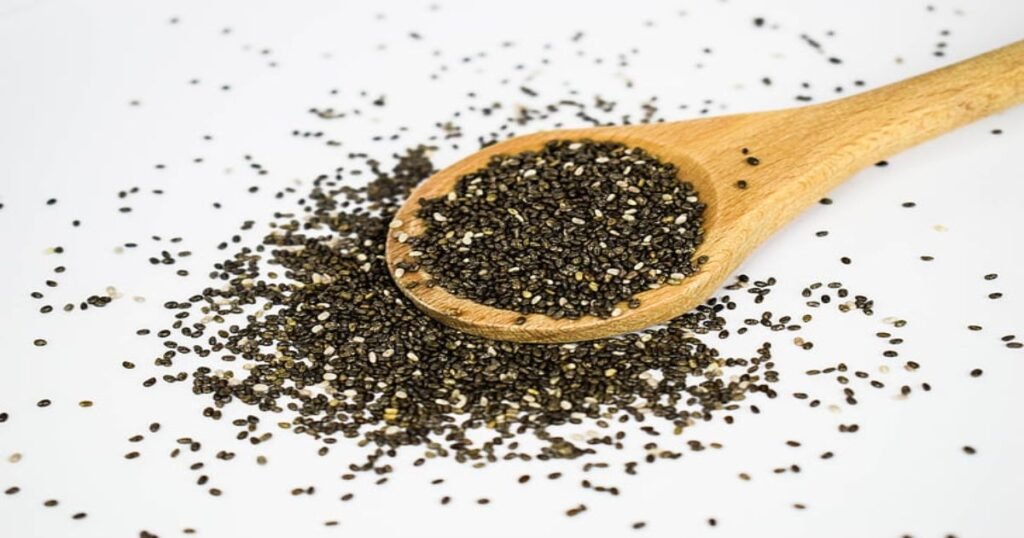
Chia seeds are an excellent source of calcium, magnesium, and omega-3 fatty acids. Add them to smoothies, oatmeal, or yogurt for a crunchy, bone-boosting addition to your diet.
5. Lentils
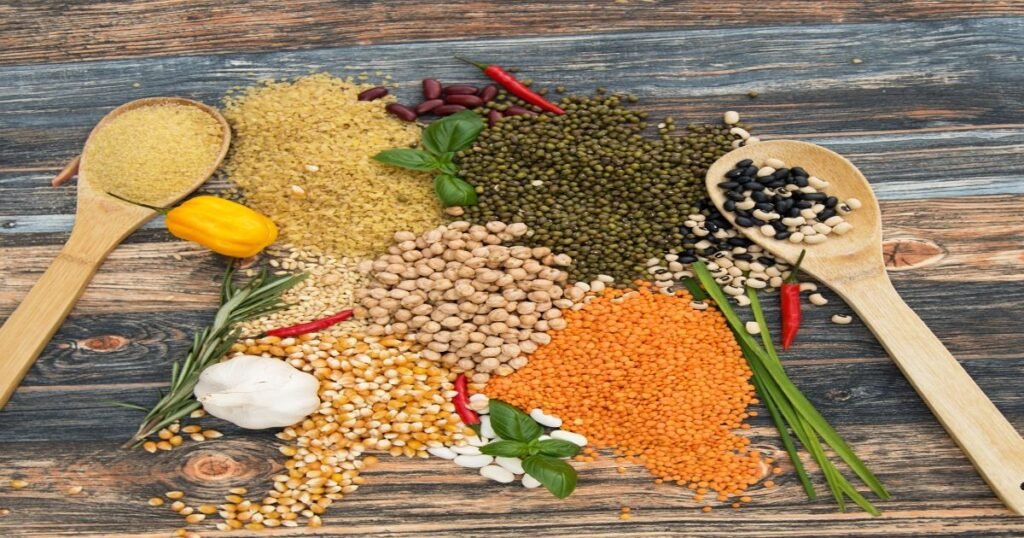
Lentils are rich in protein, magnesium, and iron, which are all vital for bone density. They can be added to soups, stews, or salads and provide a hearty source of plant-based nutrition.
6. Broccoli
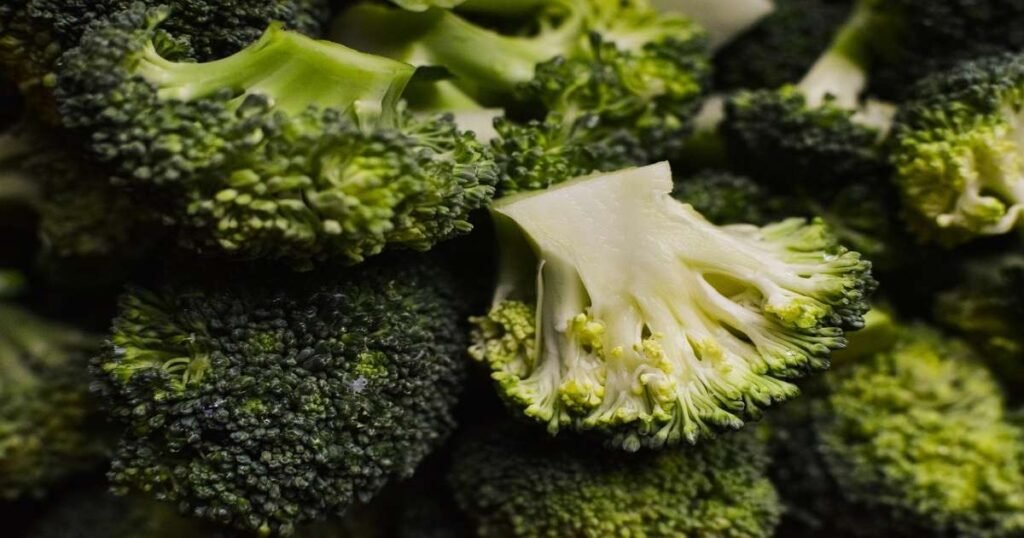
Broccoli offers a surprising amount of calcium and vitamin K, making it a great choice for bone health. Enjoy it steamed, roasted, or in a salad to give your bones some extra support.
7. Oranges
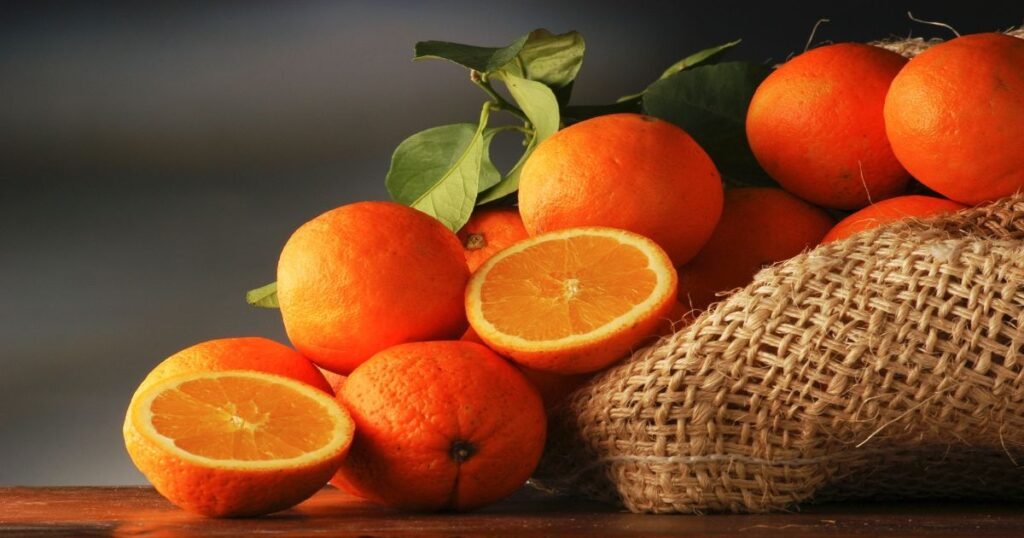
Oranges are well-known for their vitamin C content, which helps with collagen production—a component of bone structure. They also contain small amounts of calcium, making them a great addition to your diet.
8. Edamame (Young Soybeans)
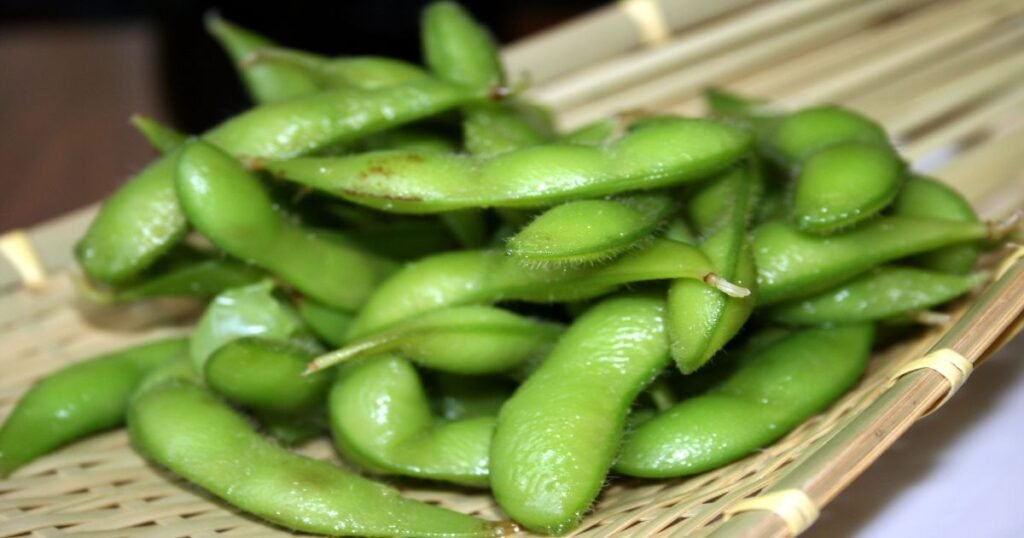
Edamame, or young soybeans, are high in calcium and protein. A small bowl of edamame can be a nutrient-dense snack or side dish for supporting bone health.
9. Sesame Seeds
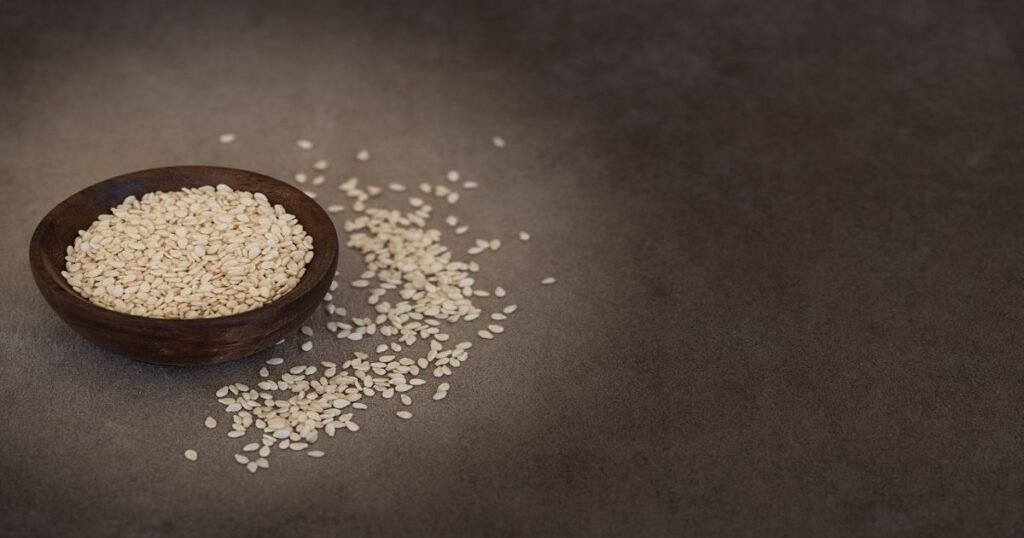
Sesame seeds are incredibly rich in calcium and magnesium. Sprinkle them over salads, add them to smoothies, or use them as a topping for roasted veggies to support your bones.
10. Fortified Plant-Based Milk
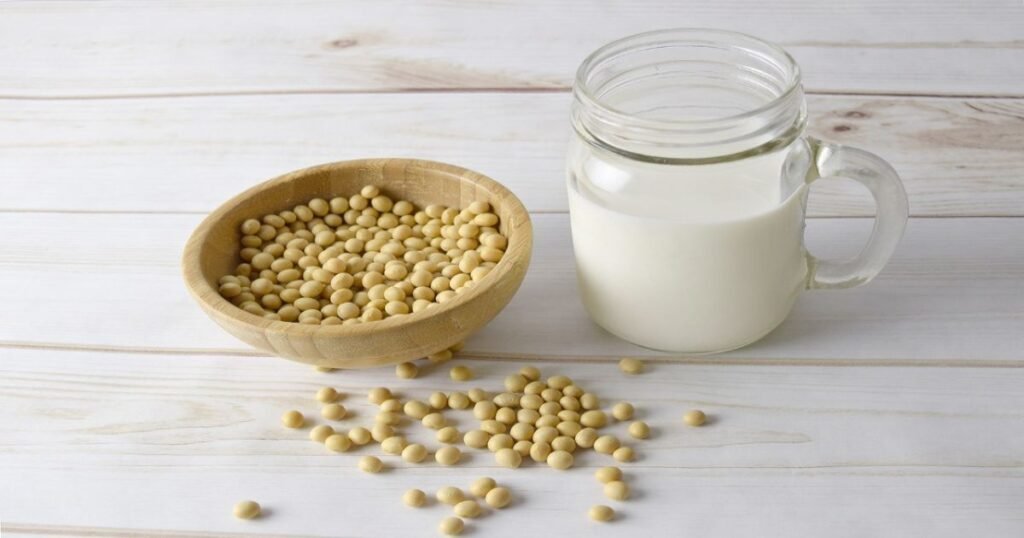
Many plant-based milks, like almond, soy, and oat milk, are fortified with calcium and vitamin D. These can be a great way to ensure you’re getting enough bone-building nutrients, especially if you’re not consuming dairy.
11. Quinoa
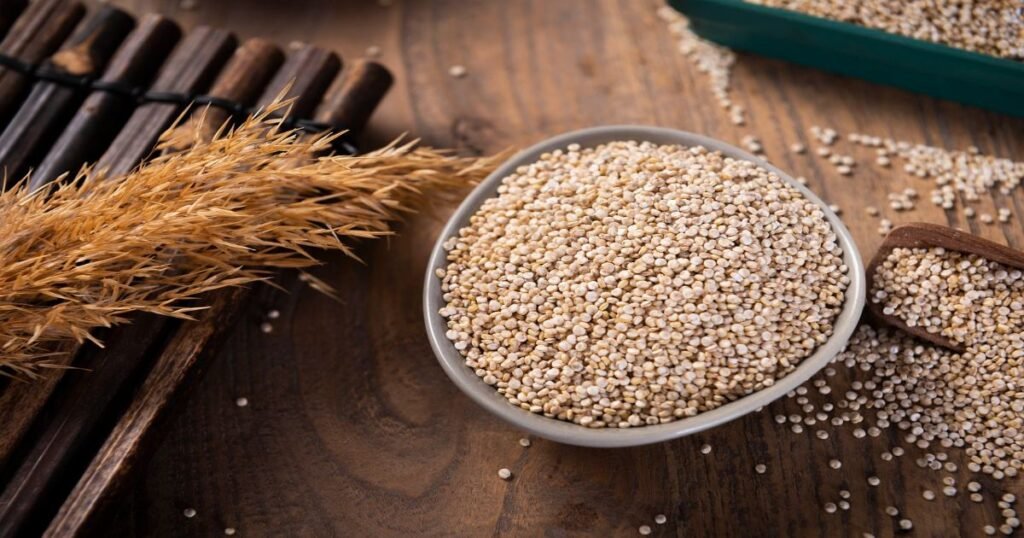
Quinoa is a complete protein and a great source of magnesium. It’s also high in phosphorus, which is another mineral that contributes to bone health.
12. Figs
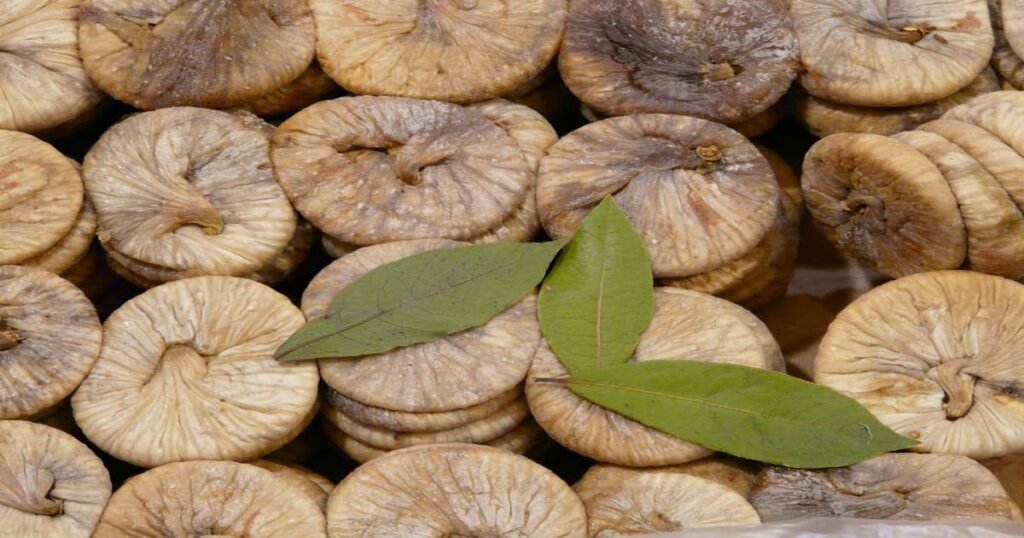
Figs are a unique fruit rich in calcium and potassium. Fresh or dried, they make a delicious snack and help maintain bone density.
13. Sweet Potatoes

Sweet potatoes are high in magnesium and potassium, which are both beneficial for bone strength. They can be enjoyed roasted, mashed, or as a side dish to provide essential minerals.
14. Mushrooms (Especially Shiitake)
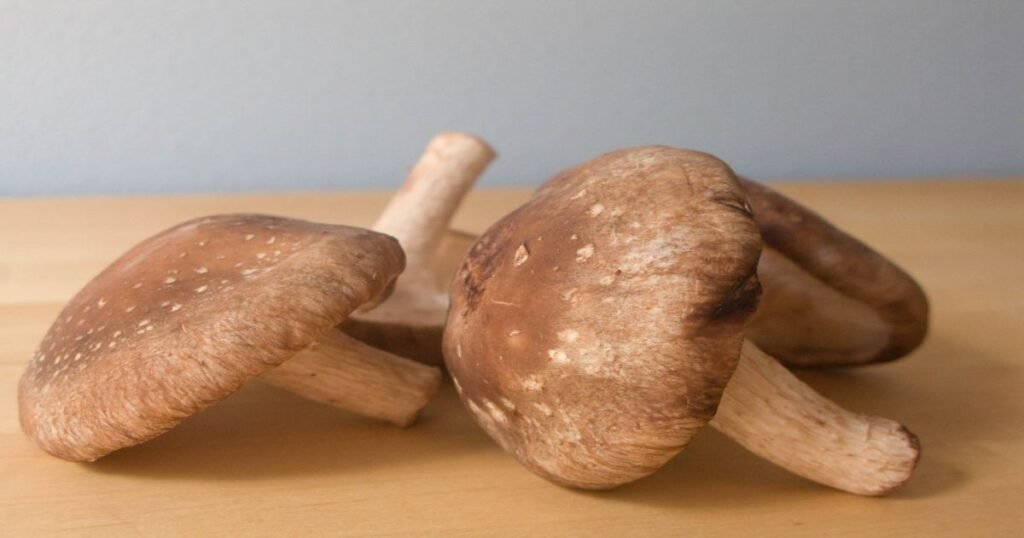
Shiitake mushrooms are a rare plant-based source of vitamin D, essential for calcium absorption and bone health. They also provide magnesium, adding another benefit to your bone-friendly diet.
15. Bok Choy
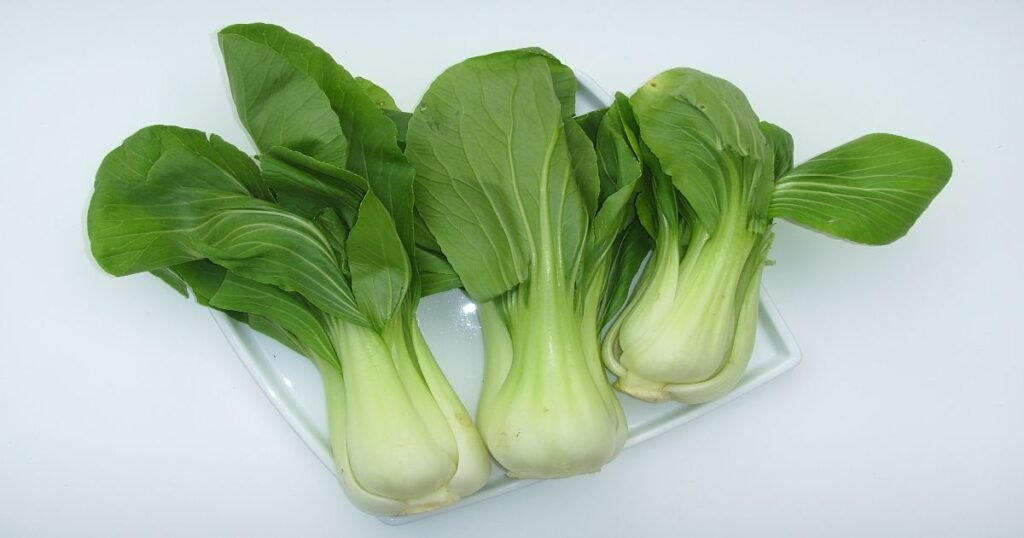
Bok choy is a leafy green that’s high in calcium and vitamin K. It’s a great addition to soups, stir-fries, or salads, providing a crunchy texture and bone-strengthening nutrients.
Additional Tips for Improving Bone Health
Exercise and Lifestyle Choices:
Incorporating weight-bearing exercises like walking, running, and resistance training can help strengthen bones. Additionally, practicing good posture and avoiding smoking or excessive alcohol consumption can help maintain bone density.
Avoiding Bone-Damaging Foods:
Some foods, like those high in salt or caffeine, can leach calcium from the bones. Try to moderate these in your diet to preserve your bone health.
Also Read: Top 15 Sources of Lean Protein For Vegetarians
Conclusion
Taking care of your bones doesn’t have to be complicated. By adding these 15 vegetarian foods into your diet, you can give your bones the nutrients they need to stay strong.
Combined with an active lifestyle and some healthy habits, these foods can help you build and maintain bone density throughout your life.
FAQs
1. Can I get enough calcium from a vegetarian diet for bone health?
Yes, many plant-based foods are rich in calcium. Including a variety of greens, nuts, seeds, and fortified foods can help you meet your calcium needs.
2. How much calcium do I need per day to maintain bone health?
For most adults, a daily intake of around 1,000 mg of calcium is recommended, though it may vary based on age and health conditions.
3. Is vitamin D only obtained through sunlight?
While sunlight is a natural source of vitamin D, it can also be obtained from fortified foods and supplements.
4. Do I need to take supplements for bone health if I’m vegetarian?
Not necessarily. With a well-rounded diet rich in calcium, vitamin D, magnesium, and protein, you can often get the nutrients needed for bone health. However, consult with a healthcare provider for personal recommendations.
5. Can caffeine affect bone density?
Yes, excessive caffeine intake can lead to calcium loss in the bones, so it’s best to consume it in moderation.
